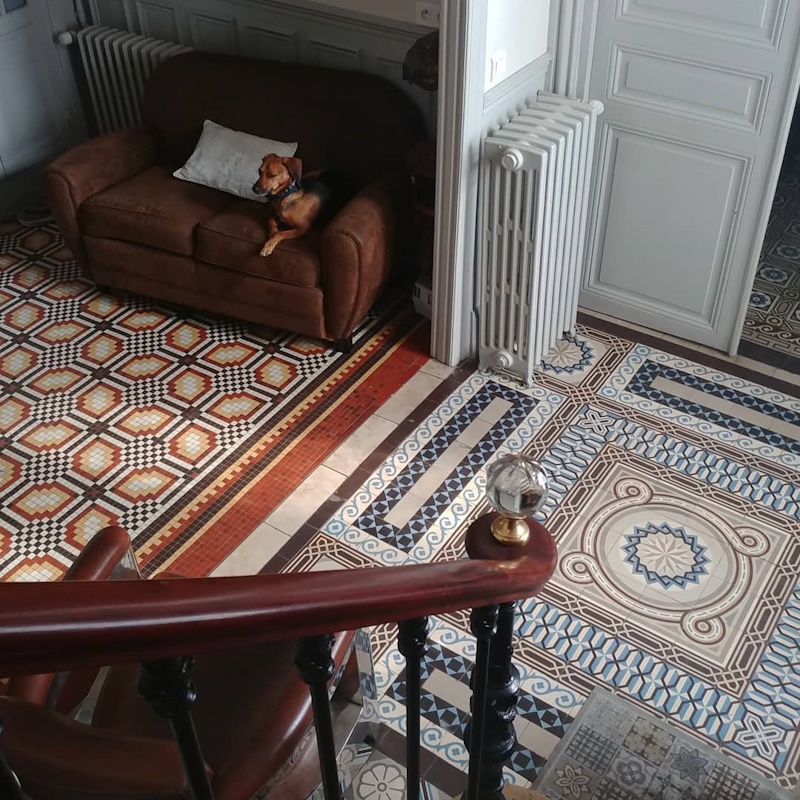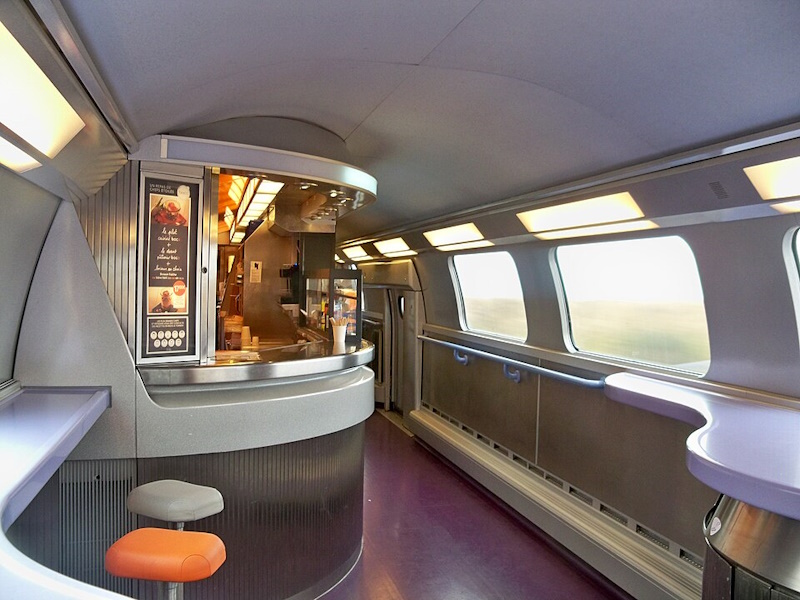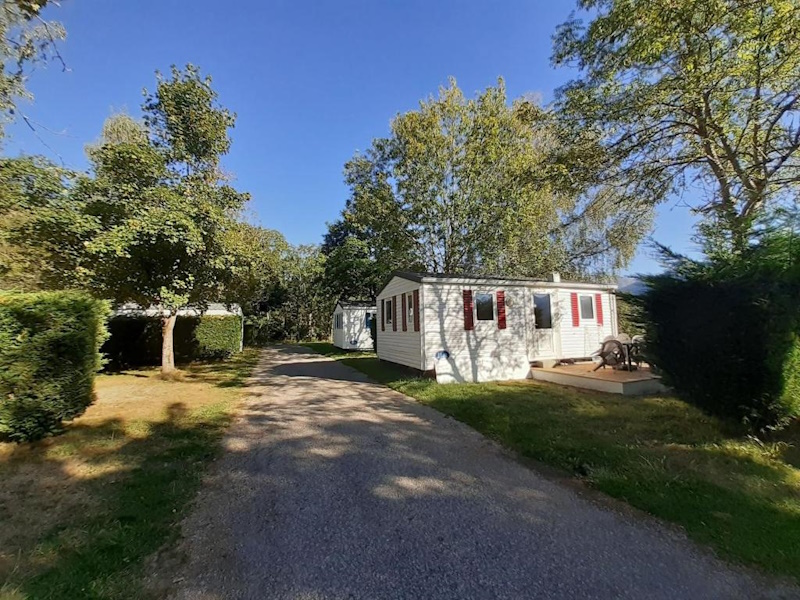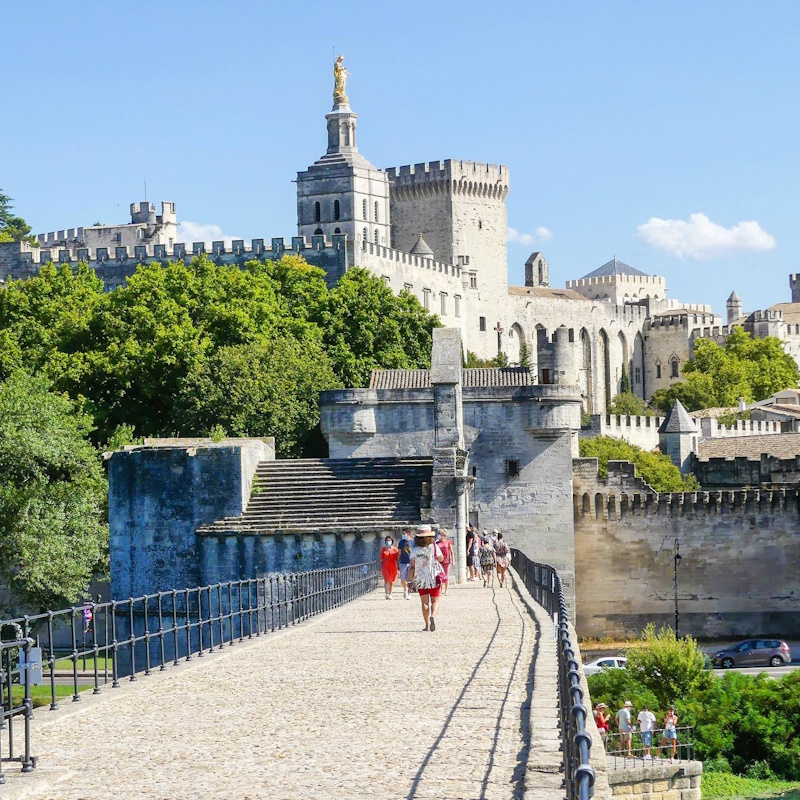15 Clever Tricks Locals Use to Travel France for Less
Traveling through France doesn’t have to break the bank. Locals are often savvier than tourists when it comes to finding deals, dodging overpriced traps, and making smart use of the country’s extensive transport network.
These are everyday strategies that French travelers rely on to keep their costs low while still enjoying great trips across the country.
1. Book Train Tickets in Advance (or Use Carte Avantage)

Locals rarely book trains last-minute unless they have to. Advance tickets (especially for TGVs) are much cheaper and usually released 3 to 6 months ahead.
OuiGo is SNCF’s low-cost train brand, with tickets as low as €10-€25 if booked early. These trains use slightly more distant stations (like Marne-la-Vallée instead of Gare de Lyon) and have fewer perks, but locals love the price.
For longer trips, locals often invest in a Carte Avantage (€49/year) which gives 30% off most train fares in France, plus capped rates for long-distance travel (€39-€79 one-way).
It’s available to tourists (you don’t need to reside in France) and is easy to buy online.
2. Travel Midweek to Avoid Crowds
Fridays and Sundays are the busiest and most expensive for both highways and trains. Whenever they can, locals travel on Tuesdays or Wednesdays to avoid inflated fares and packed trains. This works especially well for short breaks.
3. Use TER Flash Sales and Regional Apps

Each French region runs its own network of TER trains and occasionally drops prices to €1-€10 for select routes. These flash sales don’t appear on global booking sites.
While SNCF Connect is the main app to recommend for most travelers, for regional flash sales or €1 fares, it’s often worth checking the specific TER site of the region you’re visiting – TER Occitanie, TER Nouvelle-Aquitaine, TER Hauts-de-France, TER Sud/PACA.
4. Rent Cars in Smaller Cities
Renting a car in Paris or Nice center often costs more than renting in a smaller town. Locals book their cars in places like Tours, Avignon, or Poitiers, where prices are lower and traffic is manageable.
Locals often take a train out of the big city, then start their road trip from there.
5. Stay in Chambres d’Hôtes

Guesthouses, or chambres d’hôtes, offer better prices than hotels, often with breakfast included. They’re especially common in rural areas and small towns. Guests also love getting friendly advice from the hosts.
Locals book through Gîtes de France, Cybevasion, or even LeBonCoin (leading classifieds site in France) which have listings not always found on Airbnb or Booking.
6. Eat a Big Lunch and a Simple Dinner
Lunch menus are where the value is. Most French restaurants offer a weekday prix fixe menu with a starter, main, and sometimes dessert for under €20.
Locals make lunch their main meal and opt for a bakery sandwich, picnic, or light supermarket dinner in the evening.
7. Use Co-voiturage for Intercity Rides
BlaBlaCar is a trusted and popular carpooling platform used by millions in France. Not fringe or awkward, locals of all ages use it to travel affordably between cities, especially when trains are full or pricey.
It’s easy to use, and you can filter drivers by reviews and travel habits.
8. Buy Multi‑Ride Transport Passes

Single metro tickets add up fast. Locals in cities like Paris, Lyon, or Marseille use transport passes or 10-ticket carnets.
In Paris, the Navigo Easy card lets you load carnets digitally. The Navigo Découverte weekly pass (€30) offers unlimited travel across the entire Île-de-France region and is popular with visiting Parisians who commute from the suburbs.
Other cities e.g. Lyon, Nice, or Toulouse also have similar transport passes. Weekly passes usually start on Monday and end Sunday, so it’s best to activate them at the beginning of your trip.
9. Plan Around School and Public Holidays
French school holidays follow a staggered calendar based on three zones. Locals try to book travel in cheaper, quieter weeks, like mid-May or late September. Shoulder weeks – just before or after a holiday – are also dramatically cheaper.
Check calendrier-scolaire.education.gouv.fr for the exact dates. The most expensive weeks to avoid are during février (for ski holidays), juillet, and the first half of août.
10. Skip Hotel Breakfasts

Most locals don’t bother with hotel breakfasts that cost €12-€18. Instead, they stop at a nearby bakery or café for a croissant and espresso, usually under €3 total. Better, cheaper, and part of the local rhythm.
11. Use Discount Fuel Apps
When road-tripping, locals avoid brand-name gas stations on highways. They use apps like Essence&Co or Essence/Gasoil Now to find cheaper fuel. Savings can be 10-15 cents per liter, which adds up quickly on long drives.
It’s also well known in France that supermarket gas stations are cheaper than highway rest stops or branded stations. Fill up at Leclerc, Carrefour, and Intermarché before hitting toll roads or crossing rural regions.
12. Pack Food for the Train

Train station snacks and bar car meals are overpriced and forgettable. Locals bring their own sandwiches, fruit, or snacks, often from a bakery or supermarket near home. It’s cheaper and better.
13. Use Culture Cards and City Passes
Many cities offer passes that bundle public transport, museum entries, and discounts. In Lyon, Bordeaux, or Marseille, locals take advantage of these when planning a packed sightseeing weekend. City passes are usually valid for 24 to 72 hours.
14. Use Municipal Campgrounds

France has a dense network of campings municipaux, town-run campsites that are simple, well-located, and cheap.
Many French families use them during summer trips, especially for last-minute stays. Prices can be €8-€15 per night for a tent pitch.
15. Choose Budget-Friendly Destinations

Locals often skip luxury hotspots like Saint-Tropez or Courchevel and head to places like Gruissan, the Jura, or inland Provence villages. These offer scenery, culture, and fewer tourists without the inflated pricing of famous names.
